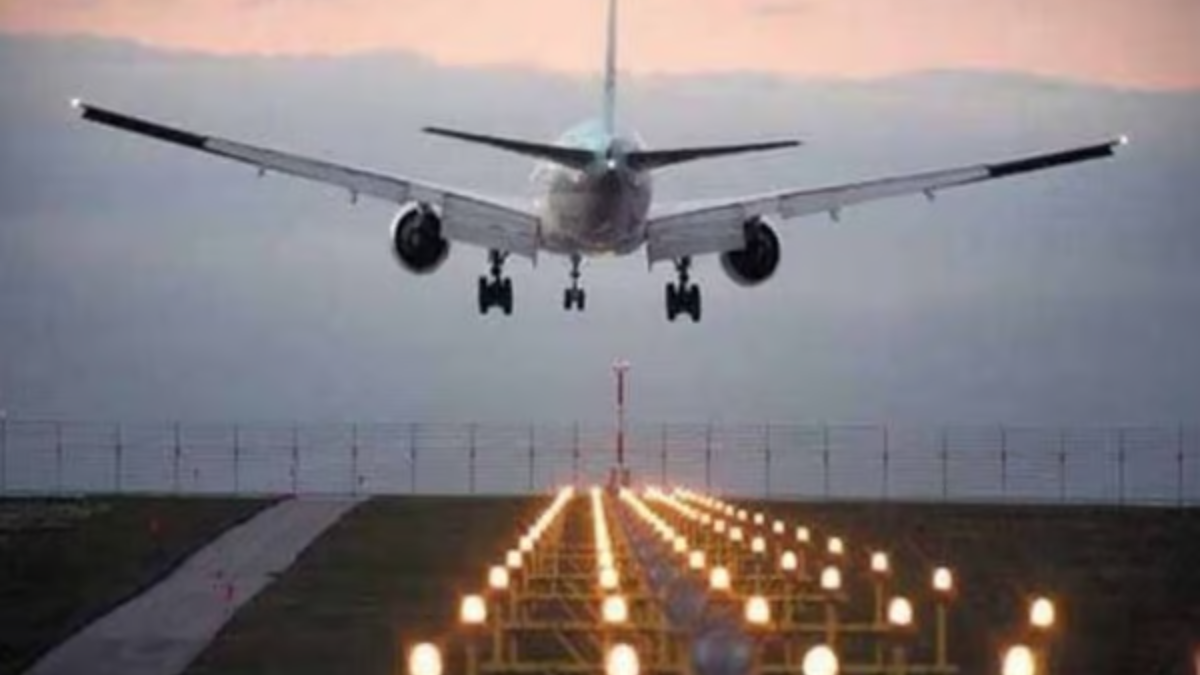Vistara-Enhanced Air India Sets Strategy to Compete with Budget Giants like IndiGo

The merger of Vistara with Tata-owned Air India on November 12, 2024, positions Air India as India’s sole full-service carrier amid a market dominated by low-cost airlines. Combining Vistara’s premium customer service with Air India’s extensive network, Tata aims to compete domestically and globally. With Singapore Airlines holding a 25.1% stake, the partnership enhances Air India’s international capabilities, though Tata faces the challenge of maintaining Vistara’s standards while improving Air India’s operational performance.
Vistara merges with Air India
Vistara, the full-service airline, partly owned by Tata Group and Singapore Airlines, will be merged with Tata-owned Air India on 12 November, 2024. This will mean that Air India will emerge as the sole full-service carrier in India after the long history of having multiple luxury carriers in the country. It comes at a time when India's aviation market has surged, becoming the world's third-largest domestic aviation market after the U.S. and China. Low-cost carriers completely dominate India's domestic airline capacity, accounting for a thumping 78.4%. But the merger puts Air India head and shoulders above the competition in the premium space.
How Air India Became India's Full-Service Airlines Pioneer 
The Indian landscape of aviations has changed dramatically over the years. Full-service operators which had dominated the market found it very challenging to compete with the low prices in the market. Kingfisher and Jet Airways are some of the examples of airlines that went out of business while the firm Air Sahara was taken over by Jet Airways. Vistara entered the market in 2015 as a high-end airline sponsored by Singapore Airlines for the passengers demanding quality service. But the tremendous growth of low-cost firms, like IndiGo, offering affordability with efficiency challenged the full-service airlines' ability to continue profitability. This is a move to revive the full-service model by combining Vistara's customer-centric approach with Air India's wide reach.
Future Challenges and Opportunities for Tata Group
Tata Group is strategically creating a single airline that can compete both in the country and globally by merging Vistara into Air India. Moreover, since Singapore Airlines retains a 25.1% stake in the merged entity, Tata Group acquires more funds and experience, especially with regards to operating international routes. That, however, would not be easy, as Air India has shown instances of poor service and delays. Tata would like to maintain the high standard of services Vistara offers to business travelers and luxury seekers while working on operational issues with Air India.
Low-cost carriers like IndiGo promising premium services is only increasing the ante between full-service and budget airlines. Take, for example, the "IndiGoStretch" business class by IndiGo-the cheap luxury that may give Air India a run for the premium travel dollar. In the long run, Tata Group's strides in the domestic market will largely be dependent on being able to maintain luxury with operational efficiency while inducting a culture of dependability and customer-centricity in the expanded airline.

